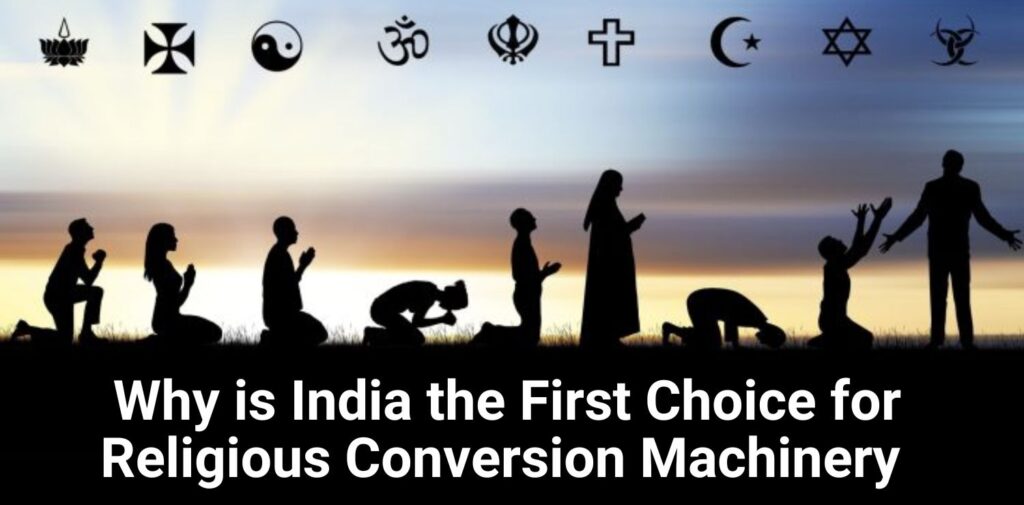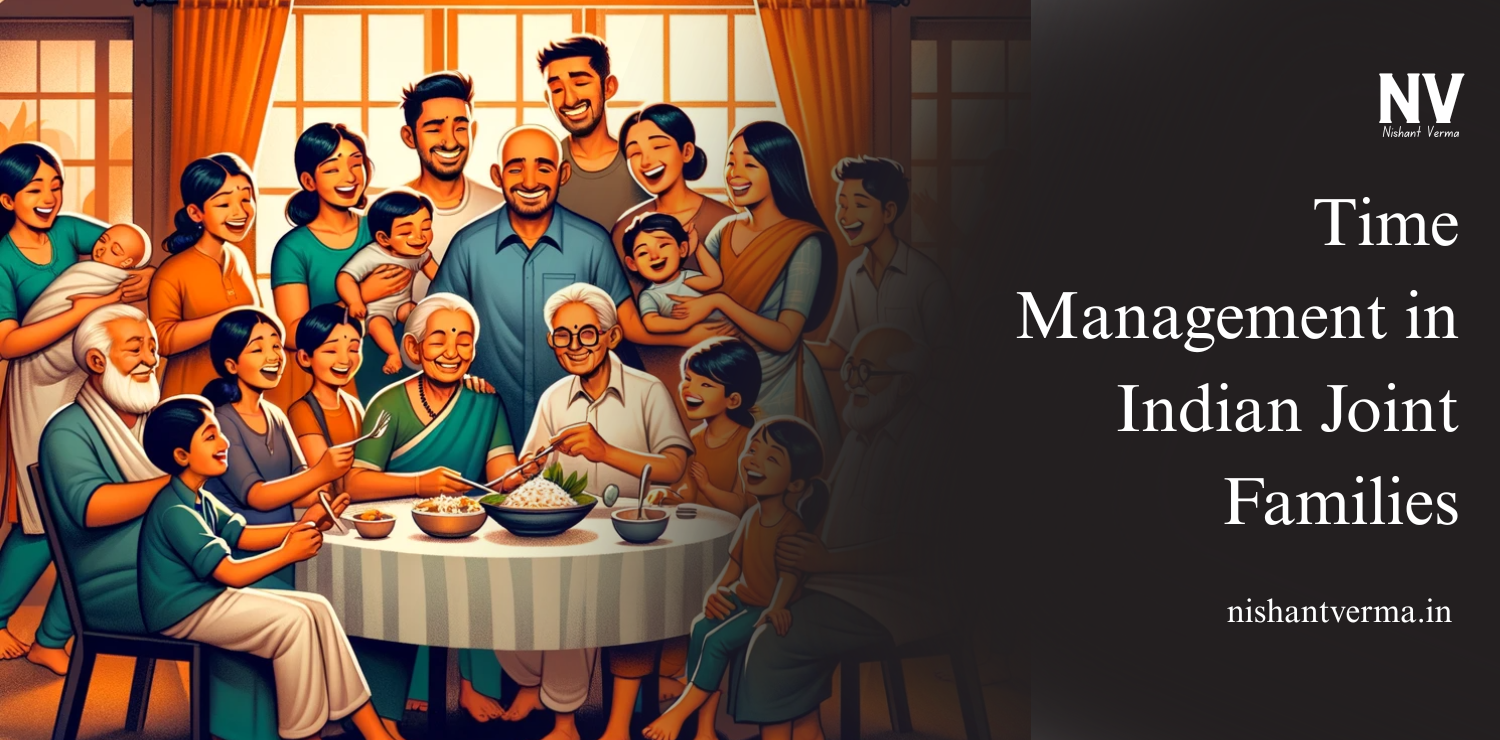Religious conversion has always been a sensitive topic in India, stirring debates and controversies across various social and political platforms. Despite being a diverse and culturally rich nation, India often finds itself at the forefront of religious conversion activities, particularly from Hinduism to other religions such as Christianity and Islam. This trend raises a pertinent question: Why is India such a favored destination for religious conversion machinery?
Complex Social Structure of Hinduism:
One of the primary reasons why India becomes a prime target for religious conversions is the complex social structure of Hinduism itself. The caste system, which categorizes people into different groups based on birth, has led to social discrimination and inequality for centuries. In traditional Hindu society, lower caste individuals, especially Dalits (formerly referred to as ‘untouchables’), have been marginalized and treated as outcasts. Many Dalits are not allowed entry into temples and are subjected to discriminatory practices.
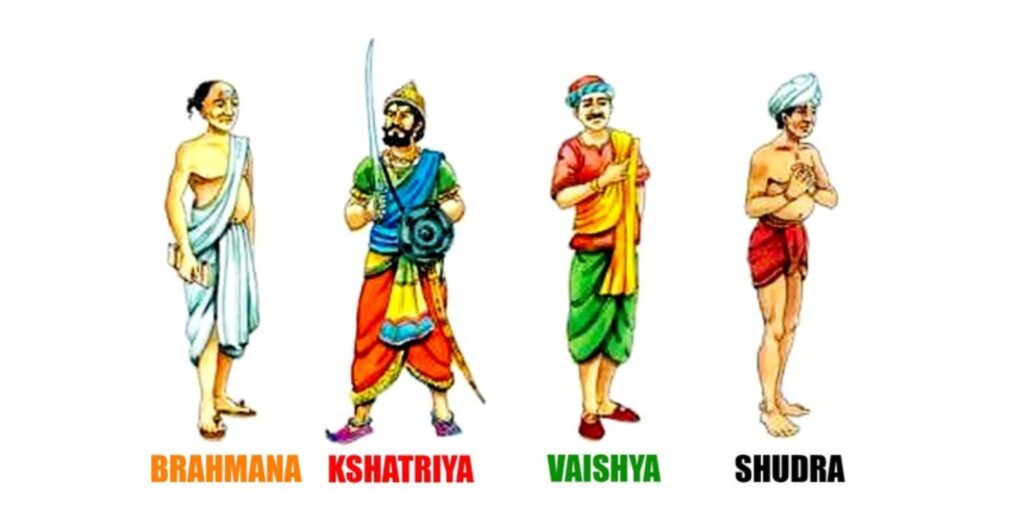
When these marginalized communities face consistent humiliation and denial of basic rights, they begin to question their place in society. Conversion to another religion that promises them equality, dignity, and better treatment becomes an attractive option. For example, Christianity and Islam advocate the concept of universal brotherhood, where every believer is treated equally, regardless of their previous social standing. This inclusive approach often appeals to those who feel alienated and oppressed by the rigid caste system.
Historical Context of Conversion:
Historically, India has witnessed religious conversions for various reasons. During the British colonial rule, Christian missionaries took advantage of the social inequalities prevalent in India and offered education, healthcare, and social upliftment to the downtrodden sections of society. The promise of a better life and liberation from the clutches of the caste system attracted many to convert to Christianity.
Similarly, Islam spread in India during the medieval period through the efforts of Sufi saints, who preached equality and love for all. Many people converted to Islam, seeing it as an escape from the caste-based discrimination they faced in their previous faith. This historical context has created a perception that converting to another religion can provide social and economic benefits, making India a fertile ground for organized religious conversion activities.
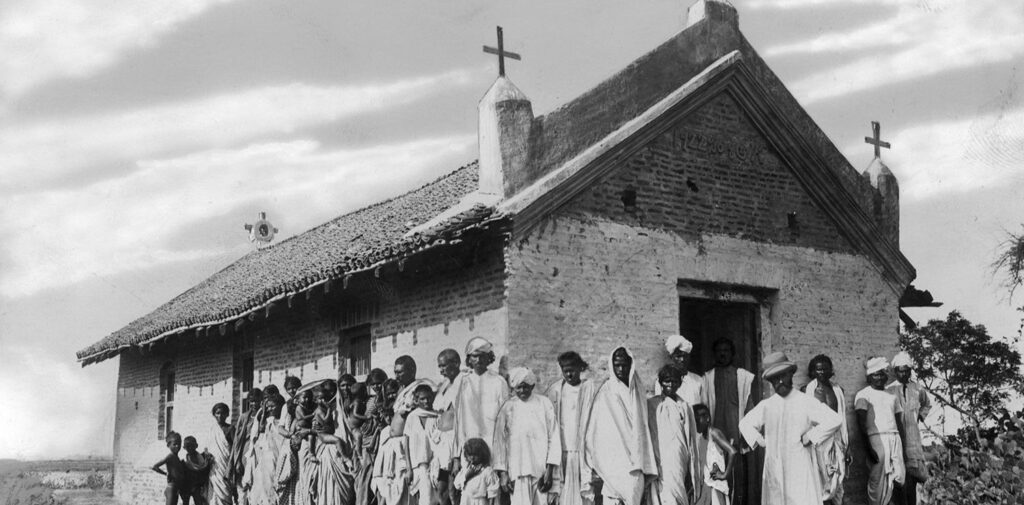
Economic Factors:
Apart from social reasons, economic factors play a significant role in religious conversions. Poverty-stricken communities often find themselves lured by the promise of financial assistance, employment opportunities, or access to better living conditions. Organized religious groups sometimes provide incentives such as food, shelter, or money to those willing to convert, making the prospect of conversion appealing to those struggling to make ends meet.
For instance, several reports indicate that missionaries offer financial support for education, healthcare, or even small business setups to those who embrace Christianity. This practice has led to the term “rice bag conversions,” where individuals are perceived to be converting for material gain rather than genuine spiritual reasons. While this narrative might not always be accurate, it has contributed to the perception that religious conversions in India are often driven by economic incentives.
Political Influence and Government Policies:
The role of political influence and government policies cannot be ignored when discussing religious conversions in India. Post-independence, the Congress party ruled India for more than 60 years and is often criticized for adopting policies that favored minorities. Many critics argue that these policies created a favorable environment for religious conversion activities, as they allegedly provided more opportunities and support to minority communities at the cost of Hindu interests.
For example, the Congress government’s policies on minority rights, reservation systems, and support for missionary activities have been seen by some as enabling large-scale conversions. The issue of religious conversion has become a political tool, with different political parties using it to gain votes or consolidate power. As a result, religious conversion has remained a contentious issue, fueling tensions between communities and making India a focal point for conversion activities.
Missionary Activities and Organized Conversion Machinery:
India has always been a land of spiritual exploration, attracting missionaries and religious groups from around the world. Many Christian missionary organizations, both domestic and international, are actively involved in conversion activities. They set up schools, hospitals, and social welfare centers, which serve as a platform to reach out to the needy and marginalized sections of society. These organizations preach the values of Christianity and offer a better life, emotionally and materially, to those who choose to convert.
Similarly, Islamic groups also work to spread their faith through various means, including community support programs, educational scholarships, and social services. Their message of equality and brotherhood resonates with many who feel excluded by the Hindu caste system.
Lack of Awareness and Education:
Another factor contributing to religious conversions is the lack of awareness and education among certain sections of Indian society. In rural areas and among tribal communities, people often do not have a deep understanding of their own religion. They might not even be aware of the implications of converting to another faith. Organized conversion machinery takes advantage of this lack of knowledge, sometimes misrepresenting facts or using coercion to encourage conversions.
For instance, in some cases, people are promised miraculous cures or blessings if they convert to a certain religion. These false promises prey on the vulnerable and uneducated, making it easy for conversion machinery to operate in such areas.
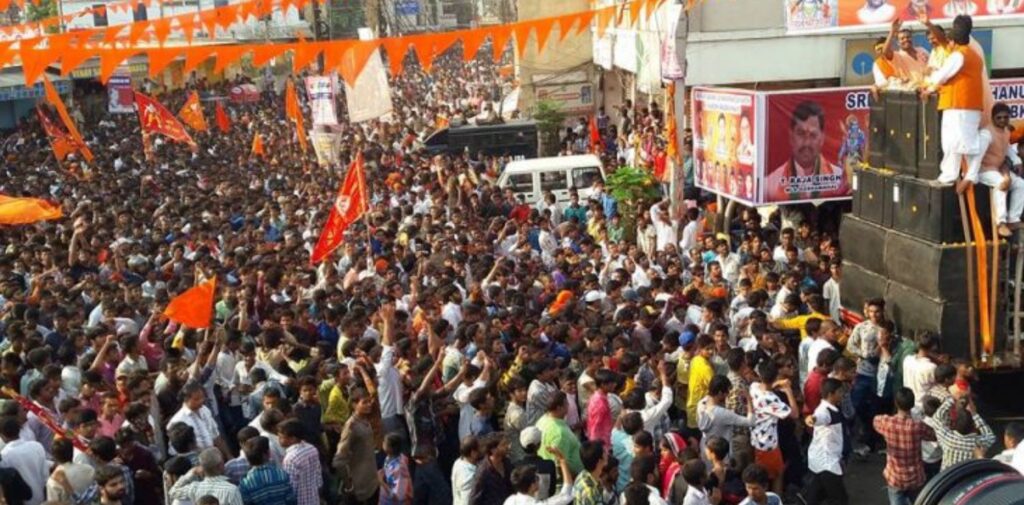
Hindus’ Lack of Unity and Self-Reflection:
It is important to acknowledge that somewhere, Hindus themselves are partly responsible for making their community susceptible to religious conversions. The lack of unity among Hindus and the continued practice of caste discrimination have left some members of the community feeling abandoned. When people from the lower castes or marginalized sections are not treated as equals within their own faith, they naturally look for an alternative where they are treated with respect.
Moreover, many Hindu organizations have not been proactive enough in addressing these social issues. Instead of focusing on reforming the caste system and providing support to the disadvantaged sections, they have often taken a defensive stance against conversions. This approach has only served to drive more people away.
Cultural and Religious Tolerance:
India’s constitution grants its citizens the freedom to practice and propagate any religion of their choice. This legal provision, combined with India’s long-standing tradition of tolerance, has allowed religious conversion activities to flourish without much resistance. While this freedom is essential for maintaining India’s secular fabric, it also means that conversion machinery can operate freely, sometimes leading to unethical or forced conversions.
Conclusion: Religious Conversion Machinery
In conclusion, India’s unique social structure, historical context, economic conditions, and political environment have made it a fertile ground for religious conversion activities. While organized religious conversion machinery has its role to play, it is essential for Hindus to introspect and address the issues within their own community. The focus should be on creating an inclusive environment that treats all individuals, regardless of caste or social status, with dignity and respect. Until these deep-rooted issues are addressed, India will continue to remain a prime target for religious conversion machinery.

